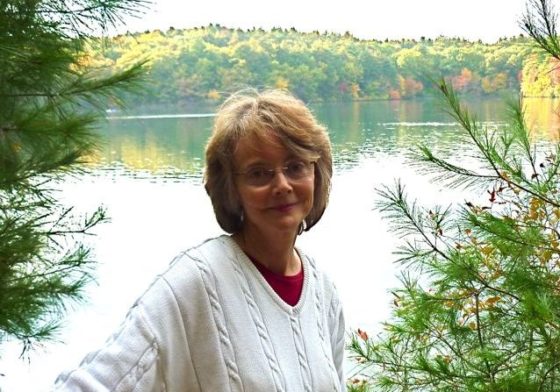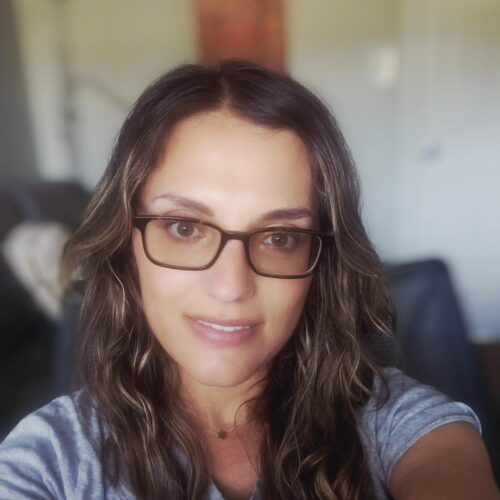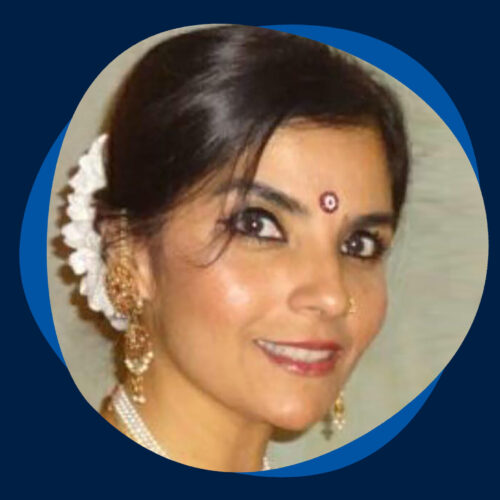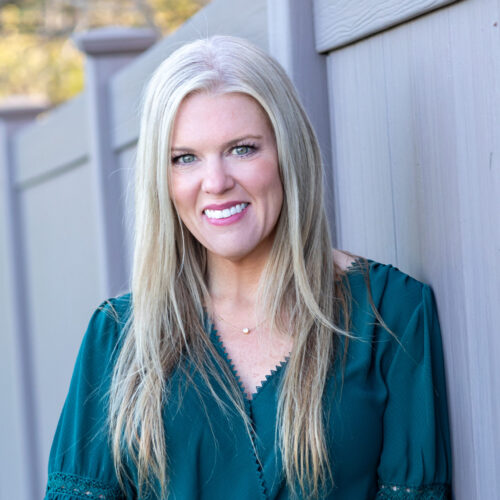
At age 30, I noticed a small lump in my right breast while showering. I’d read about what to do when you find a suspicious lump and so I did exactly that – I contacted a highly reputable doctor and went to see him. I was very young and there wasn’t, to my knowledge, a history of breast cancer in my family. At the time, I expected that a gynecologist would know exactly what to do.
The doctor I saw told me that it couldn’t be cancer. He said that I was too young, there was no known history in my family, the lump was not attached, and so he concluded it must be a cyst. I was having pain in that area, which he said was not consistent with cancer. I was glad to hear the news. My career as a professor and researcher was taking off. Research I’d conducted had received considerable attention and my first book had been published.
I was relieved, but then the suspicious lump grew. The same doctor told me it only seemed that way due to my menstrual cycle. I left again and life continued. I remember being at a conference in Anaheim, California next to Disneyland and not feeling well. I was losing weight and there were dark lines under my eyes. Both seemed reasonable given my schedule of teaching, writing, research, and travel. But the lump was getting larger. I again saw the doctor and told him I would like a mammogram. He refused saying that the radiation was risky. He assured me that there was no chance that it was cancer and suggested I relax and stop thinking about it. A few months went by after that. Since first finding the lump, nearly 1½ years had passed. I was 32.
“When it comes to the possibility of cancer, don’t settle for one opinion. Do not let any doctor suggest that your concerns are just in your mind.”
A good friend of mine told me shortly after my last trip to the gynecologist that I looked too thin and sick. She insisted that I go see my general practitioner for a second opinion. So, I went and I told him of the cyst. He noted that my other doctor should have tried to drain it, and then attempted to, but the procedure didn’t work.
He sent me for a mammogram that day. I could tell by the look on the technician’s face that the news would not be good. It was cancer, and because of the length of time it had been growing, the cancer had spread throughout the right breast.
I’m sharing this with DetecTogether to remind people: you know your body better than anyone. When it comes to the possibility of cancer, don’t settle for one opinion. Be examined by an oncologist, specializing in the type of cancer that concerns you. Get a second opinion. Do not let any doctor suggest that your concerns are just in your mind. A simple mammogram would have significantly lessened the amount of treatment required after my diagnosis. It would have reduced the chances of other problems later on. When I finally was diagnosed, I went right to a highly reputable hospital and got the best care possible at the time. If I had gone there when I first found the lump, I still would have had cancer but my life would have been different in many ways. I’m grateful for the doctors that worked to save my life. They were very angry with the doctor who almost caused me to lose it. Over the years since, I have been very careful about the doctors I see and suggest everyone do the same.
Symptom
- small lump in right breast






